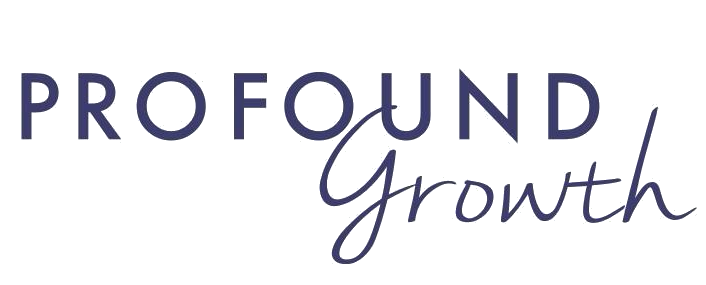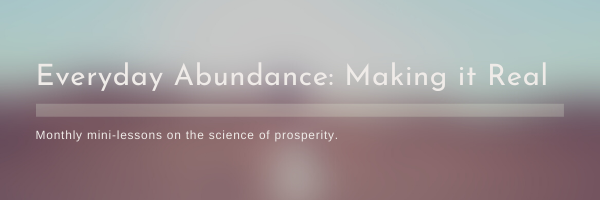Personal Spotlight: What is it? Guilt... Guilty Pleasures?
In this post, I’ll be giving you a peek into the science and practices involved in creating an abundance mindset, and I’ll be doing it by sharing examples from my own life. These mini-lessons are meant to demystify and expand your understanding of prosperity by demonstrating the opportunities we have to practice this process in our daily lives.
It’s November 1. The day AFTER Halloween and in front of me sits a large basket with leftover candy.
We had TWO (yes 2) kids come to our door for treats and so guess what... all that candy now needs to find a home. Now - I can sit in front of candy for days and not care, my husband on the other hand is a different story.
Which brings me to the point of this letter.
We talk about “it’s my guilty pleasure” when it comes to a variety of things -- chocolate, wine, ice cream, (cheese curds?). And as I am looking at the delicious KitKat I am wondering why we call it “guilty” pleasure?
Tell me - what do you feel guilty about?
It might not have anything to do with what I am talking about, but it could be the feeling of guilt when you are not working hard enough. Or you are not spending enough time with your family. Or you flip-flop between the two never feeling you can actually win.
Some of us feel guilty when we don’t workout enough... or that we bought that lovely sweater (and it wasn’t on sale). You see where this is going.
Moment of Insight
Feelings of guilt are created by our own internal messages. And sometimes these internal messages were first created when we were little; when people told us what we should or should not be doing or feeling. The word “should” is a companion of guilt. They are relatives that get along ever so well.
Below is a quote from an interesting article by Eve Glicksman (BrainFacts.org) on the difference between shame and guilt:
"During fMRI studies, German scientists from Ludwig-Maximilians-University in Munich found that shame set off high activity in the right part of the brain but not in the amygdala. In the guilt state, there was activity in the amygdala and frontal lobes but less neural activity in both brain hemispheres. The researchers concluded that shame, with its broad cultural and social factors, is a more complex emotion; guilt, on the other hand, is linked only to a person’s learned social standards."
Back to my earlier comment that we may have learned and internalized messages from other people - in other words, "learned social standards."
Brain Reset
Now is the time to do a brain reset and examine our “learned social standards”.
Some of our feelings of guilt might point us to becoming better human beings. If guilt kicks in after eating six KitKat bars out of the Halloween bowl, that’s most likely a good signal to stop eating and maybe look at what has us eat the candy in the first place.
But when guilt follows us around and we feel we can’t win, it’s time to ask ourselves a few questions.
Putting it All Together
Explore your feelings of guilt (and don’t feel guilty of having them!). It’s one way the brain keeps you safe (see the article above).
What are the shoulds of learned social standards that are no longer serving you?
Whose standards and values are you trying to live by, if not your own?
Who do you want to be? What values are important to you?
And if you would be that person, what choices would you make... choices not shoulds?
Learn More
Did you know I offer 1:1 prosperity coaching? If you feel guilty and want to explore your values and your norms or find you have difficulty getting away from shoulds working with a neuroscience-trained coach like me can be a great way to understand how your habits are either hindering or supporting your growth. My goal with clients is always to give you the “user’s manual” to your human brain!
You can learn more about what it’s like to work with me here >>
In love and abundance,
Ursula

